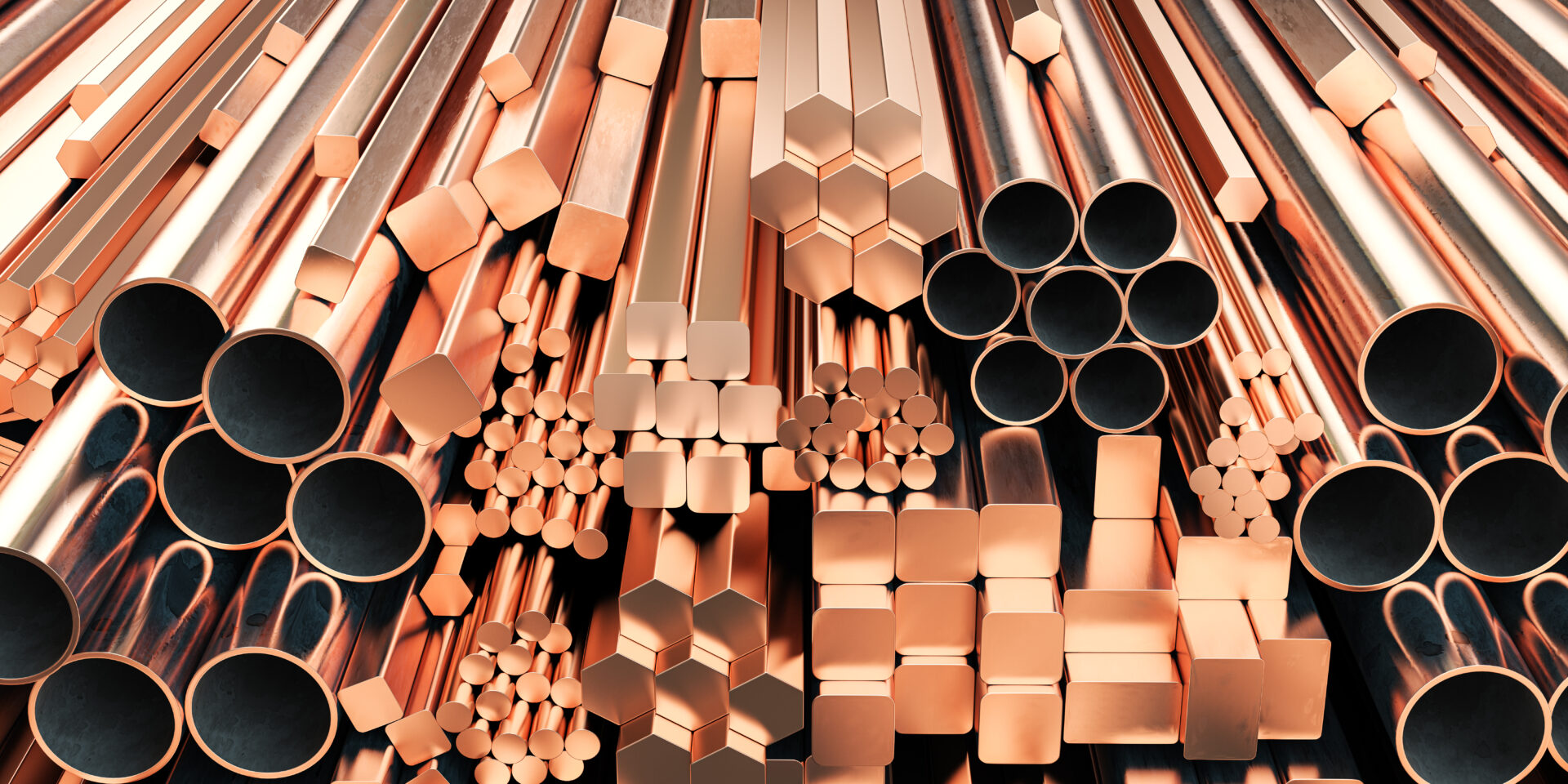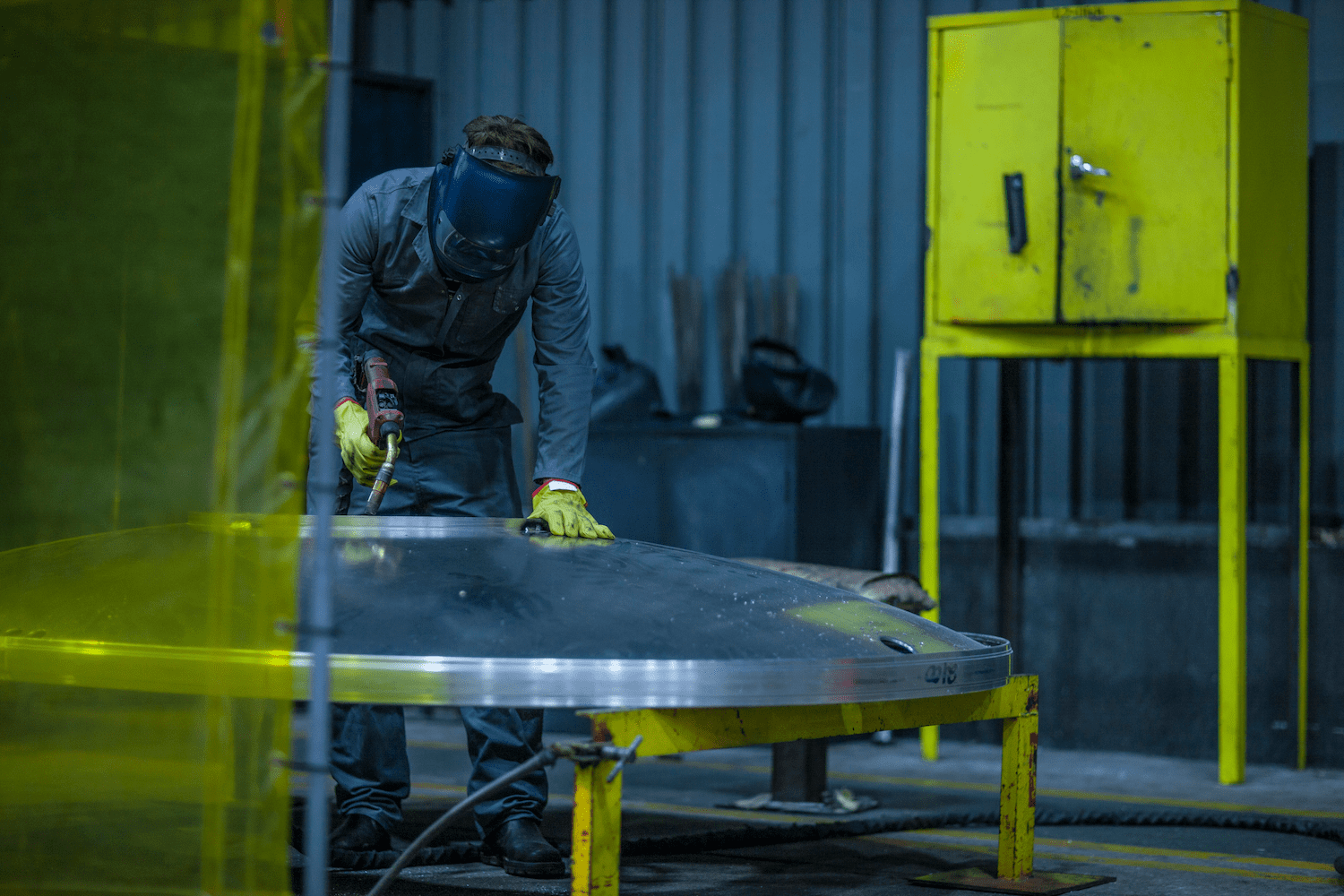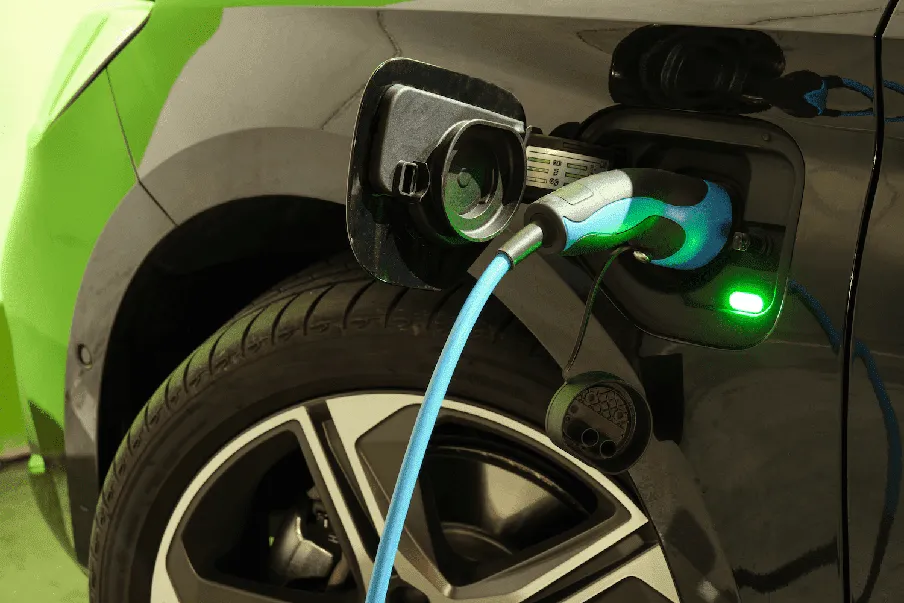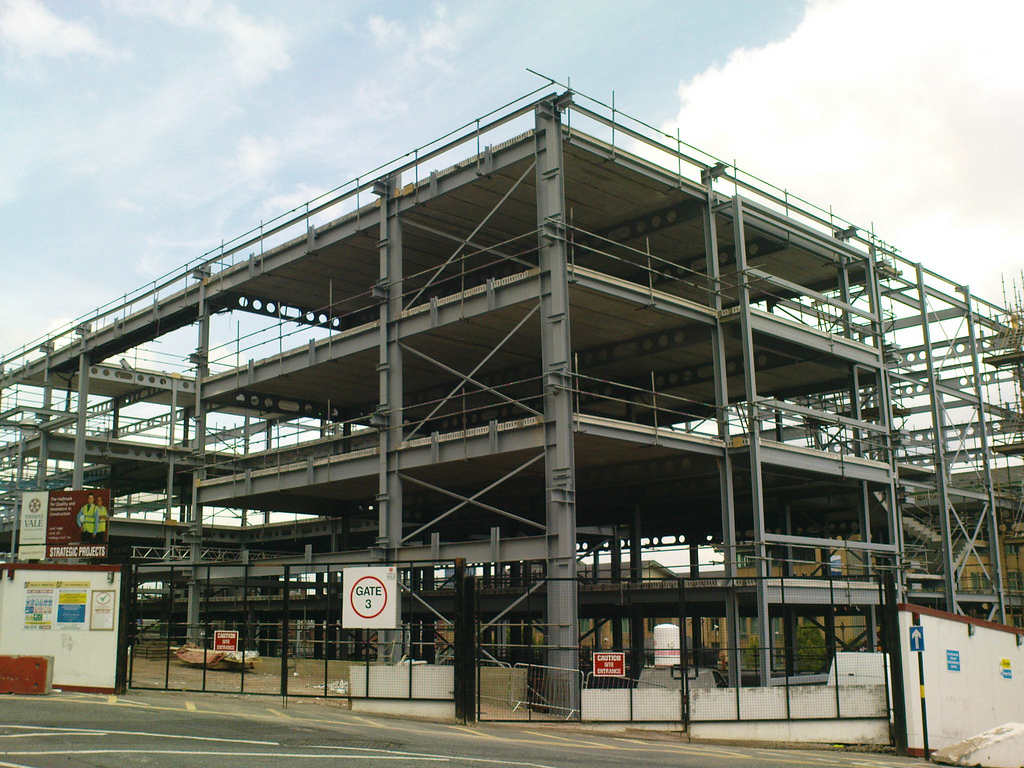
One of the top benefits of recycling scrap metal is to keep these metals, and the toxic chemicals within them, out of landfills. So how is scrap metal reused to make new products?
But beyond the environmental benefits, it’s important to encourage more individuals, families, and businesses to recycle any unwanted items they have that are made of metal, because recycling scrap metal makes good economic sense. It makes a major contribution to the “circular economy,” with scrap metal being one of the foundation materials that can be refashioned into new uses.
There are a lot of reuse options for scrap metal. What may seem like junk can be reused again and again to make something new, which holds down the cost of manufacturing those products.
How is Scrap Metal Reused to Make New Products
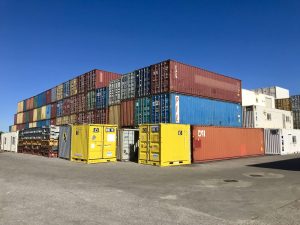
If you have old items around your house that you no longer want that contain metal, don’t throw them out. The truth is, there’s high demand today among manufacturers for scrap metals such as aluminum, copper, steel, brass, and iron. These metals can be successfully recycled and reused many times to create new products and for a wide variety of purposes, including products that end up in our homes, offices, and for the manufacturing and construction industries.
Construction
The construction industry extensively uses scrap iron and aluminum metals on a wide variety of projects, including building roads and bridges. Scrap is often used to provide a host of different building materials as well.
Transportation
Scrap metal is used to manufacture modes of transportation, from automobiles to aircraft and ships.
Manufacturing
There are a lot of manufacturing and industrial uses for scrap metal. Many of the most common manufactured items use a high concentration of scrap metal, and industrial containers, which are used extensively by a lot of companies, are also made out of scrap metal.
The same is true with shipping containers, which have a lot of uses beyond transporting goods. These massive containers are also used in commercial construction projects, such as building office complexes and residential buildings, and they’re even used to construct a transportable store that can move from one location to the next.
Packaging
When you visit your local grocery store, keep in mind that recycled aluminum and steel are commonly reused as new food packaging. Most canned items contain recycled metal, and more than a few get made from 100% recycled materials.
In fact, it only takes a few months for recycled scrap to reappear on food shelves. This is a very economical and efficient use of recycled metals.
Home Furnishings
Your home likely contains a lot more metal items than you might realize, and chances are, scrap metal was used to make plenty of them. That can include your appliances, furnishings, fixtures, lighting and metal roofing, which is often made entirely from recycled metals.
A lot of metal furniture — tables, lamps, chairs — get made from recycled metals because of how durable it is. File cabinets, yard tools, and even a rolling mini-bar can be made from recycled scrap.
Why is Reusing Scrap Metal Important?
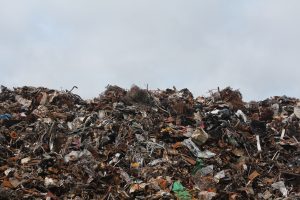
Reusing scrap metal offers enormous environmental benefits because it keeps scrap out of landfills, where the toxic chemicals they contain, like mercury and lead, can leech out into the soil and water, contaminating them.
Recycling scrap also helps preserve our natural resources. If manufacturers didn’t have recycled metals to use, they would need brand new metals created after mining for virgin ore.
Today, the act of refining metal has become more sophisticated, and scrap metals have a lower melting point than ore or virgin metals, so there’s far less energy used for the recycling process. That also means we don’t need to disturb the land where virgin ore can be found by mining for it.
The reuse of scrap metal by so many industries offers major environmental benefits, as it minimizes the need for mining natural resources that are quickly becoming scarce. And recycled steel, stainless steel, and copper metal scrap can be turned into higher quality products through a process that includes a blast and reverberator furnace.
For example, aluminum scrap metal can be melted at a lower temperature than virgin metal aluminum, meaning the recycling process uses far less energy. That protects our environment.
In addition, technological advances in metal refinement mean scrap metal can be made stronger than it was before, so it lasts longer. That enables manufacturers to create higher quality products.
Copper, for example, has limitless uses and remains a valuable scrap commodity. And scrap iron is being used to purify industrial wastewater, where the scrap iron is being used to attract, degrade and detoxify toxic compounds.
Reusing recycled scrap metal adds significantly to the nation’s economy. Recycling takes materials that were once considered waste and turns them into value-added raw materials.
The collection, processing, remanufacturing and sale of recycled metals boost the economy by holding down the cost of manufacturing products, savings that can be passed on to consumers in the form of lower prices.
The scrap metal recycling industry creates tens of thousands of direct and indirect jobs while generating billions in annual revenues and contributing tax revenues on an annual basis.
The recycling industry remains strong because there are a lot of local markets for recycled metals. There’s such a high demand for recycled metals that this industry is expected to keep growing. Our economy significantly benefits from this industry because of the jobs it provides, the support it gives to the state’s manufacturing base and other economic sectors, and the tax revenues that go to the state and local governments.
Reusing Scrap Metal
The economic benefits of recycling scrap metal are obvious. Scrap metal recycling is expected to continue producing more jobs while reducing the amount of scrap that ends up in landfills.
With a booming global economy, we can expect more private and government investments in everything from improving urban infrastructure to constructing new buildings. That increases the need for more metals, which is why there’s a need for more consumers and businesses to bring their used scrap to an experienced firm like GLE Scrap Metal, which performs environmentally-friendly processing and recycling of all base and precious metals.
This family-owned and operated business will purchase, process, and re-integrate all recyclable base metals, which are supplied to domestic mills and global end-users to be transformed into new products.
To learn more, call GLE Scrap Metal at 855-SCRAP-88 and request a quote.

